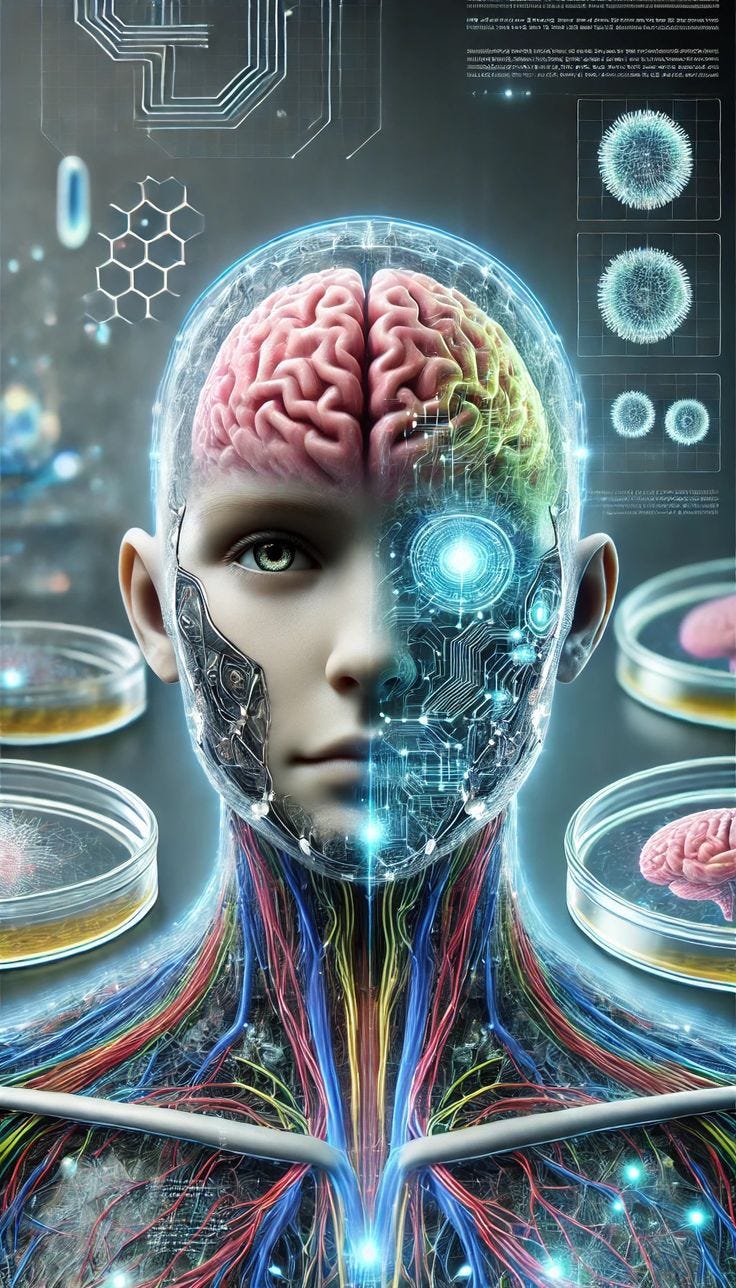Medium
1M
276

Image Credit: Medium
From Cells to Circuits: How Biology is Shaping the Future of AI
- Artificial intelligence (AI) draws inspiration from biological systems like the brain and cellular processes, aiming to replicate their adaptability and precision.
- Nature's solutions to complex problems through learning, adaptation, and evolution serve as the blueprint for resilient and adaptive AI models.
- AI technologies such as neural networks and genetic algorithms are influenced by biological intelligence, offering real-world applications in fields like sequence classification and robotics.
- Cellular communication in AI systems has been modeled after cell-to-cell signaling, enhancing the design of communication protocols.
- Real-world applications like LinOSS and self-healing swarm robotic systems highlight the efficacy of AI models inspired by biological dynamics.
- AI development mimics biological systems' decentralized intelligence, like octopus arms making independent decisions, aiming for a more collective decision-making approach.
- Exploring biological adaptability, AI innovation seeks to emulate the survival capabilities of organisms like tardigrades in extreme environments.
- By understanding and learning from nature, AI can evolve to be more resilient, adaptive, and lifelike, moving beyond mere imitation to true integration with biological principles.
- Nature's neuroplasticity, problem-solving tactics of ants, and survival mechanisms of tardigrades offer valuable insights for developing AI that goes beyond programmed instructions.
- The future of AI lies in embracing nature's wisdom, evolving alongside biological systems, and harnessing their innate ability to adapt, heal, and evolve over time.
Read Full Article
16 Likes
For uninterrupted reading, download the app